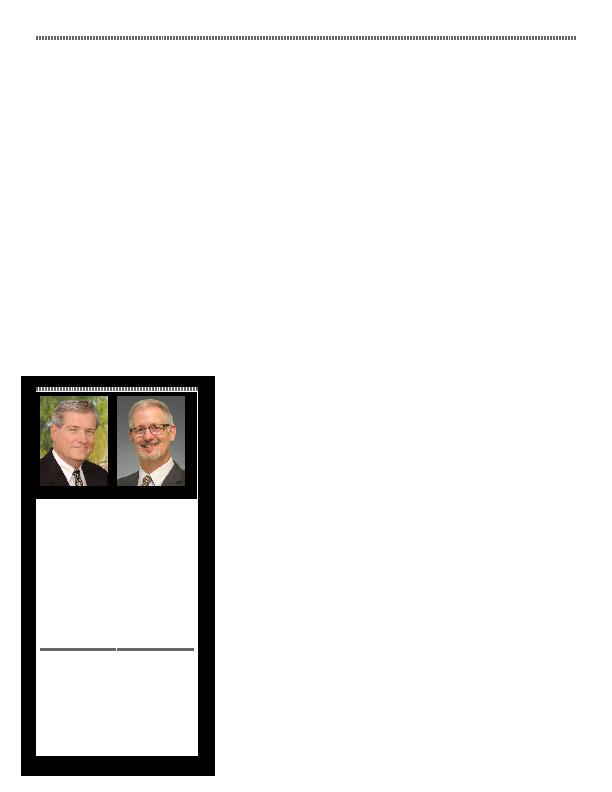
Overseas Litigators
environment when discovery is confined
to tracking down evidence located in
the forum jurisdiction. Commercial
disputes, product liability cases, and
even everyday defamation or business
interference matters, often involve
discovery requests that cross state lines
and even international borders. As much
of the world's economic activity flows
through the United States, such efforts are
often directed at U.S.-based witnesses and
records from disputes in overseas venues.
It is thus more important than ever for
familiar with the federal court mechanism
that will allow them to assist our foreign
counterparts in obtaining discovery for
use in proceedings in other jurisdictions.
Section 1782 of Title 28 of the U.S.
Code, entitled "Assistance to foreign and
international tribunals and to litigants
before such tribunals," allows an interested
party in a foreign proceeding to apply to a
federal court for a subpoena for information
or the testimony of witnesses located in that
court's district.
international litigation while encouraging
foreign countries to provide similar
assistance to American courts.
broad. A local witness can be compelled
to testify and produce documents "upon
the application of any interested person"
involved in the foreign proceeding.
proceedings, but to criminal and
administrative proceedings as well.
foreign proceedings be pending or even
imminent. Rather, all that is necessary
is that a "dispositive ruling" by a foreign
adjudicative body is "within reasonable
contemplation."
discovery under Section 1782 is an ex
parte application.
magistrate judge. If the court grants the
application, the applicant's counsel can
then issue a subpoena for the taking of
testimony, the production of documents
and other evidence, or both.
The district court will consider whether
the person from whom the discovery is
proceeding; the nature of the foreign
tribunal, the character of the proceedings
underway abroad, and the receptivity of
the foreign government or tribunal to U.S.
judicial assistance; whether the request
attempts to circumvent foreign or domestic
discovery restrictions or other policies; and
whether the request is "unduly intrusive
or burdensome."
discovery generally does not need to
establish that the information sought would
in fact be discoverable under the governing
foreign law or American practice.
set of standards to meet. However, as
Section 1782 does expressly provide for
the protection of privileged information,
in the application, to inform the court
of any restrictions on discovery, privacy
regulations, or other protections that
would operate as "privileges" in the
foreign jurisdiction. The target of the
subpoena, as well as the interested parties
in the foreign litigation, may contest the
subpoena itself.
help assure the court that the discovery
method comports with typical federal
discovery practices and safeguards the
litigants' rights in the foreign proceedings,
but it can also reduce the chances of a
challenge by the target or the subject of
the subpoena.
Preparing such an application will
require the applicant's counsel to educate
himself or herself about discovery
principles in the foreign country. This can
sometimes be difficult, but can best be
accomplished by consulting with counsel
in the foreign jurisdiction. For instance,
toxic tort and insurance bad faith and casualty
defense, is the managing partner of the San
Francisco office of Demler, Armstrong &
Rowland, LLP.
James V. Weixel, also with Demler's San
Francisco office, has participated in a wide array
of trial and appellate litigation for corporate,
public entity and individual clients in California
and Ohio since 1990.
575 Market Street, Suite 2080
San Francisco, California 94105
jvw@darlaw.com
darlaw.com